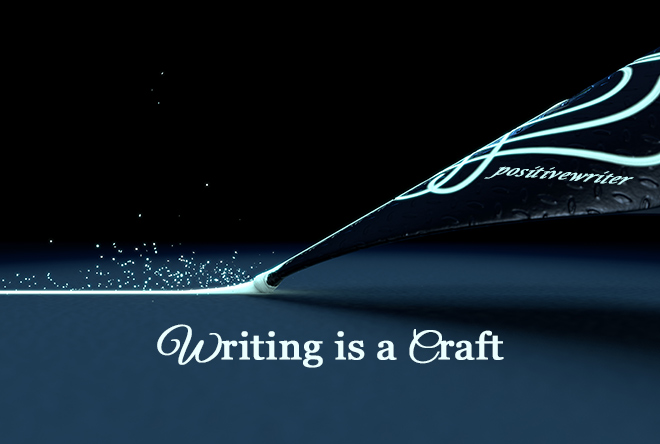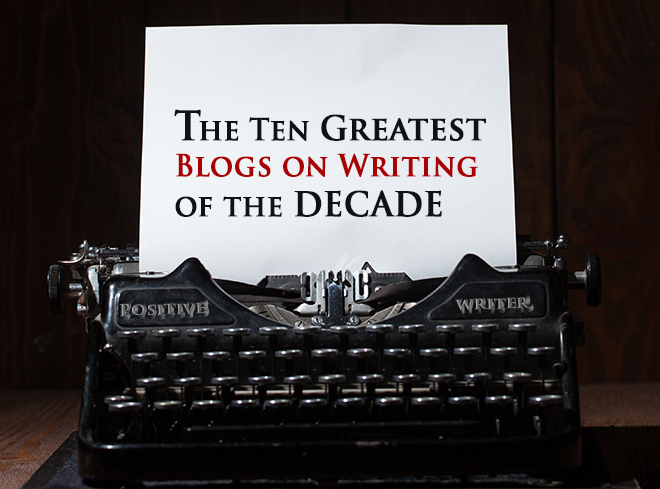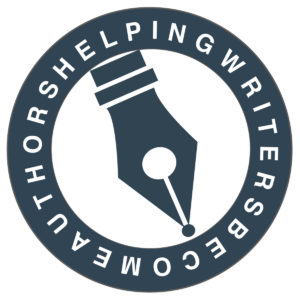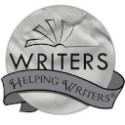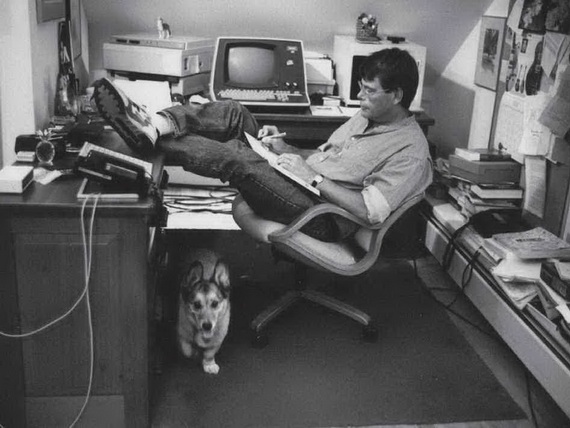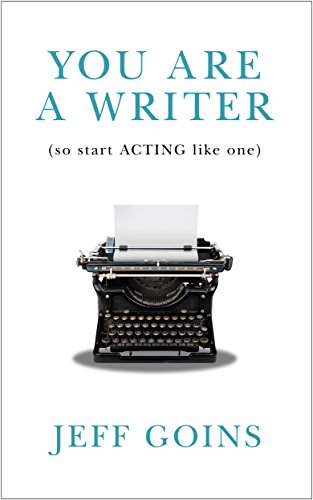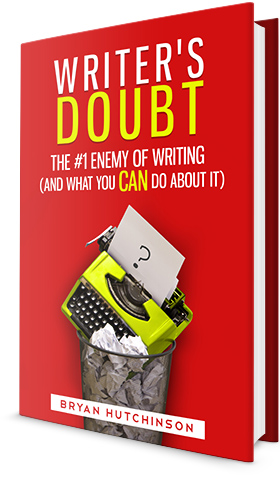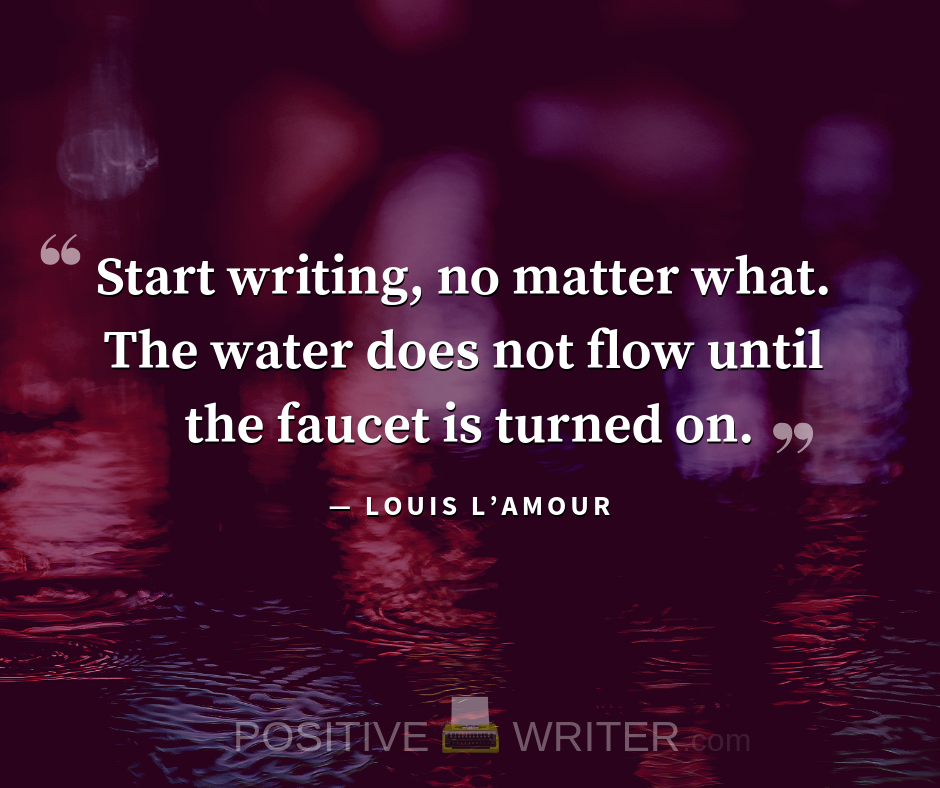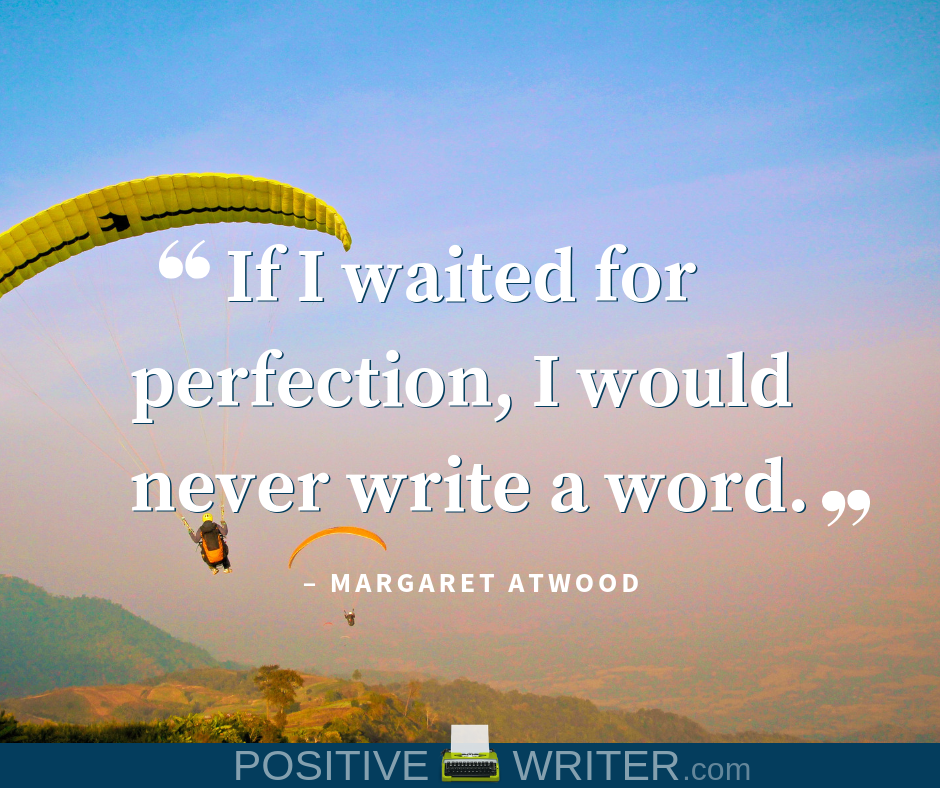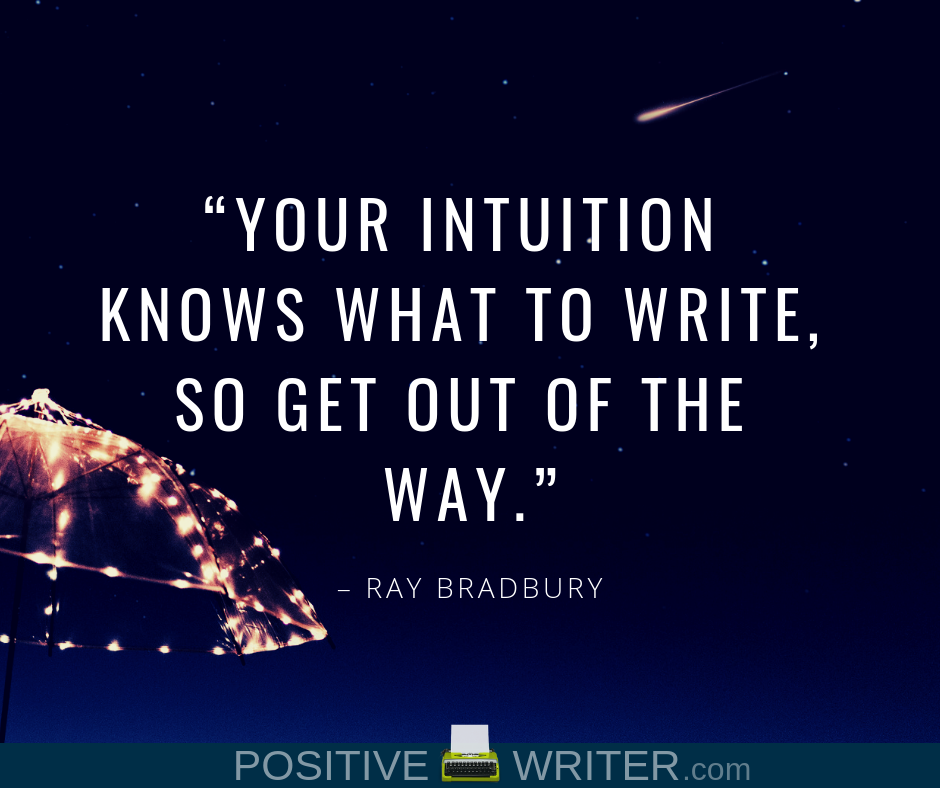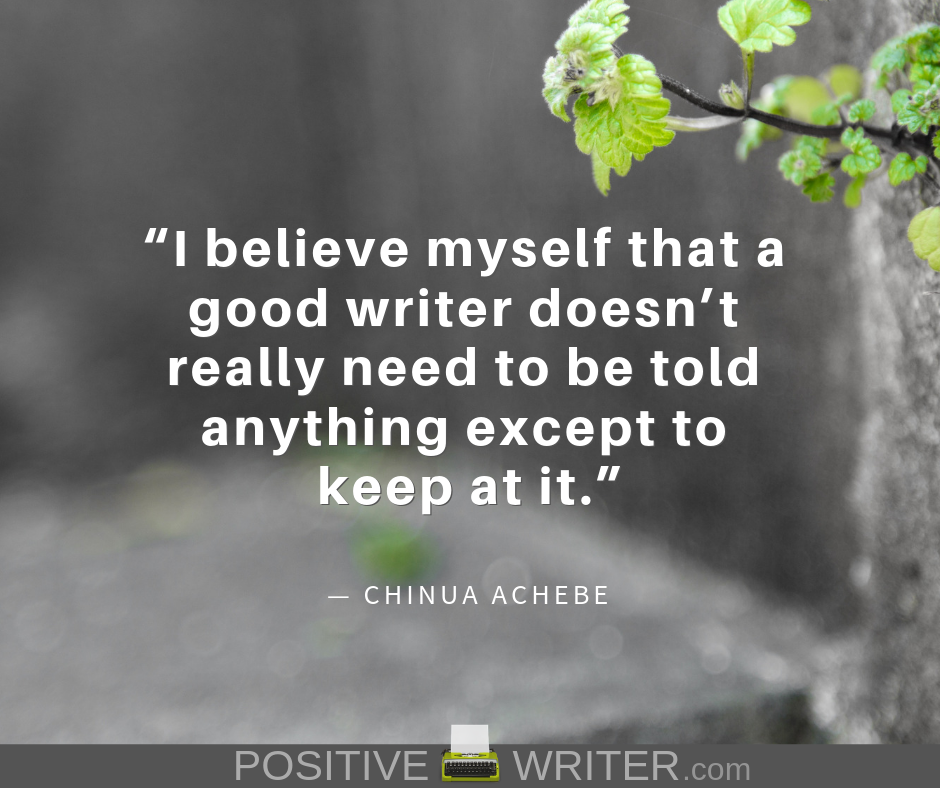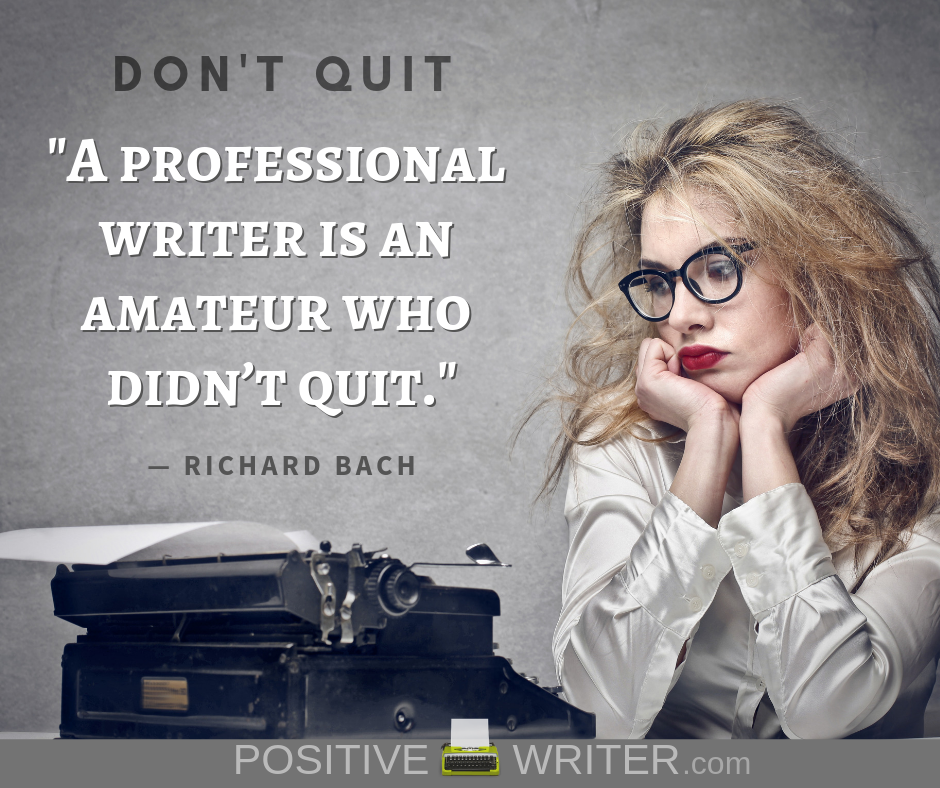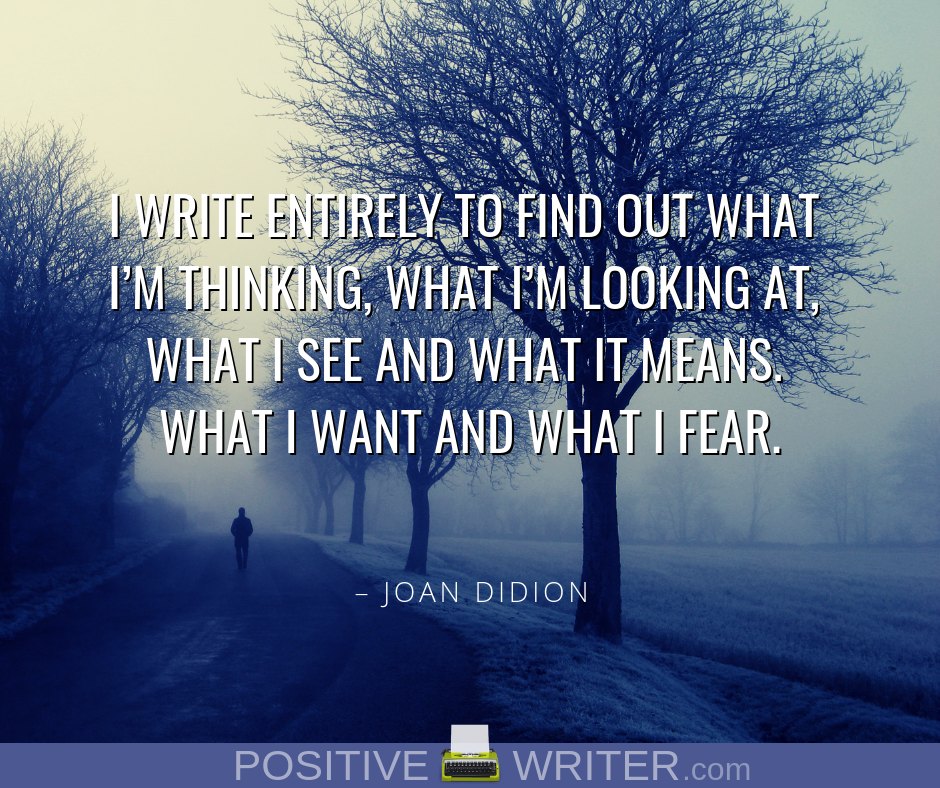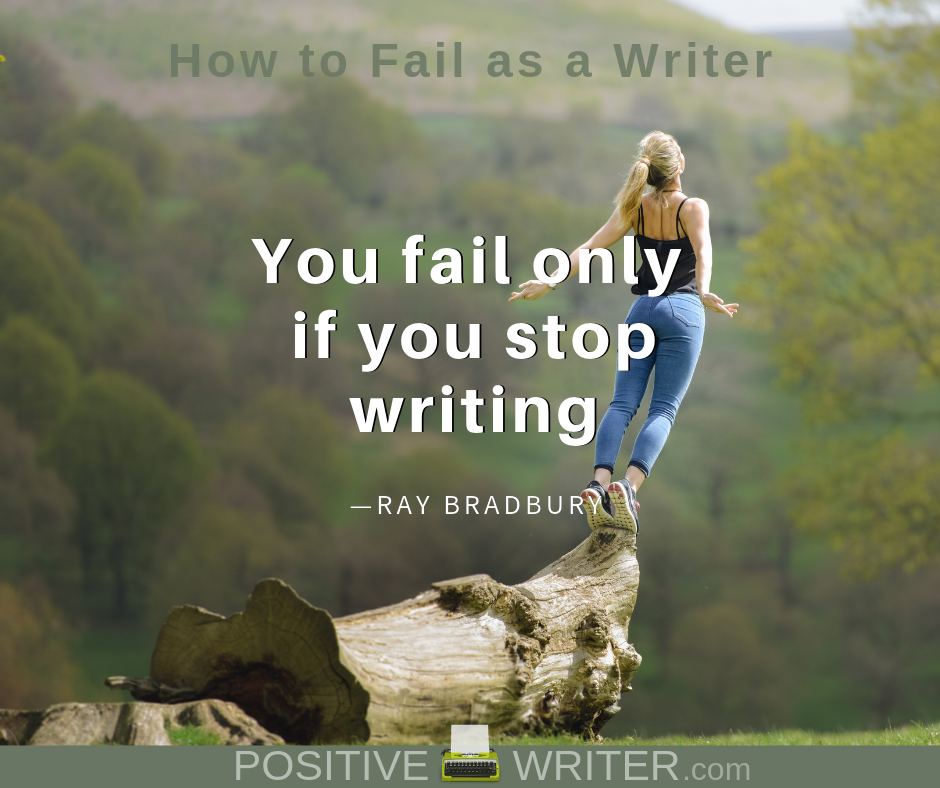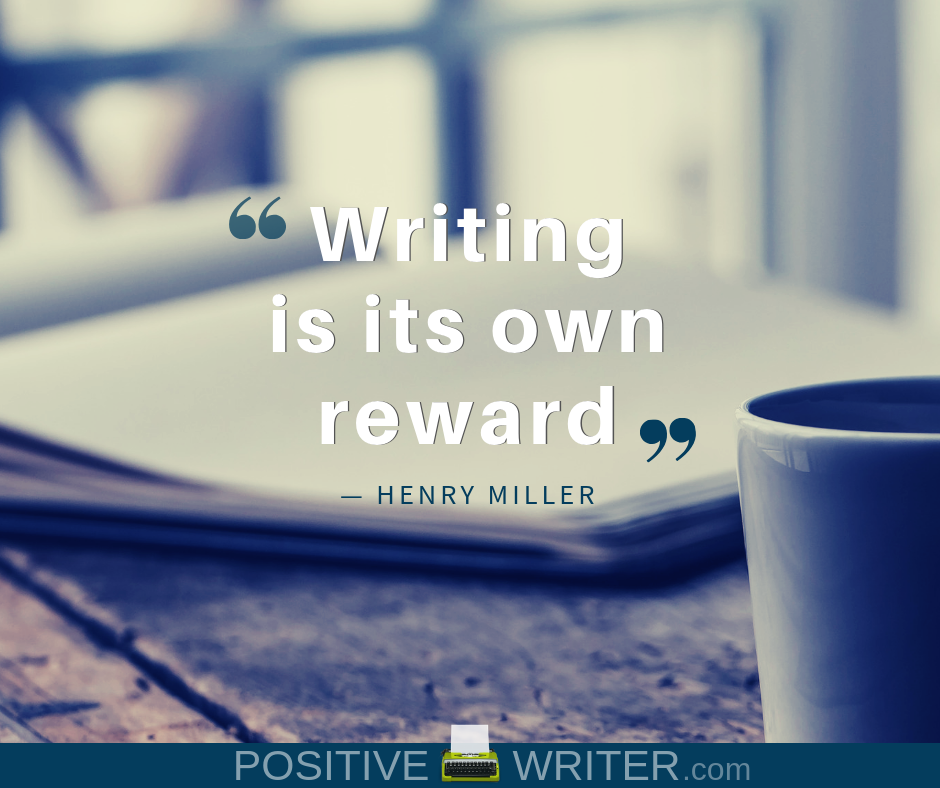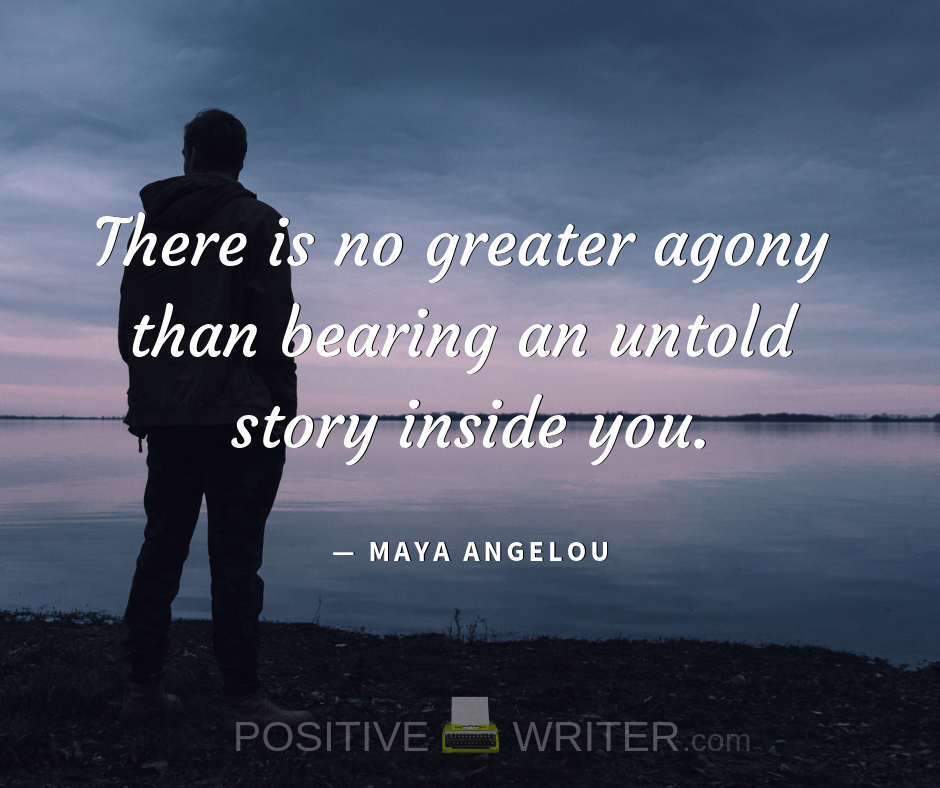Creating content that puts smiles on the readers’ faces can be very challenging. Not only is humor very subjective but you also need to know how to use just the right dose. This doesn’t mean that you are facing an impossible task. It means that you’ll need to add a bit of strategy to your creativity.
Depending on the type of content you want to produce, there are different ways of incorporating humor. For some inspiration and motivation, the following five ways of incorporating humor in your writing will give you some helpful ideas.

Note: This is a guest post by Adriana Veasey, she is a writer and editor at Studicus.com. Writing is more than just her job, it is her passion in which she invests all her time and creative energy.
How to do it without overdoing it?
What you need to understand about humor is that not everyone finds the same jokes funny. That is actually not your problem, but what can be your problem is if you cross the line and offend your readers.
So, how to avoid such an inconvenience?
Here are some don’ts that you should keep in mind before you risk getting chased with pitchforks and torches:
- Racism
- Sexism
- Putdowns
- Dark humor
- Corny, used-up jokes
- Bashing your competition
Now that we know what type of humor should be avoided, let’s get to the useful tricks.
1. The joke is on you
Show your readers that you are not a sensitive little flower and that you can handle a good joke. According to a study (HSQ; Martin, Puhlik-Doris, Larsen, Gray, & Weir, 2003), people who make themselves the butt of their own jokes actually demonstrate greater levels of happiness and self-assurance.
Self-deprecation is a safe choice, meaning that you won’t risk offending anyone and you’ll portray yourself as a confident individual.
Who knows you better than yourself? Take all those funny and cringy stories, stereotypes, and flaws and use them in your writing.
There is more to it than just making people laugh by joking about yourself. Readers will be able to relate and create a connection with you if you open up. It shows that you are honest and willing to accept your flaws.
Of course, if you don’t feel comfortable with this type of humor don’t force it. It is important that you truly feel good about yourself and are ready to share with the world some of your embarrassing stories and insecurities.
2. Are you ready to compare?
Those of you who have read Robert Schimmel’s book Cancer on $5 a Day (Chemo Not Included) might have noticed the following part:
This stupid hospital gown is riding up my ass. I try to pull it down and it snaps right back up like a window shade. I cross my legs and suddenly I’m Sharon Stone.
When using comparison it is crucial that you use situations that are generally known or popular. Like Robert did with Sharon’s famous scene in Basic Instinct.
Writers are used to using comparisons and metaphors in various styles so this shouldn’t be a difficult challenge.
Just think through what depicts the situation that you want to describe. Is it painful, sexual, embarrassing? Then brainstorm and wait until something valuable comes to your mind. It should just come instinctively.
3. Get playful with words
Jazz up your writing with simple word twisting or word tweaks. Whether you want to use the already existing ones or make something up, it is up to you. The choices are endless.
For example, what do you find to be funnier skedaddle or hurry? A promiscuous man or a mimbo?
Using simple but funny words will give a humorous tone to seemingly ordinary sentences.
You can even make some of your own word combinations. Go wild and come up with new words that can add that something extra to your writing. Who knows, maybe it will even end up in a dictionary one day. Dare to dream!
4. Go big or go home
A little exaggeration can’t hurt anyone, can it? This has always been a popular technique among comics and humor writers and for a good reason.
There are writers who base their work on exaggeration. Just look at the work of Dave Barry, a Pulitzer Prize winner for humor writing. He is the master of exaggeration, but don’t take my word for it. Let his work speak for himself:
- Eugene is located in western Oregon, approximately 278 billion miles from anything.
- I have been a gigantic Rolling Stones fan since approximately the Spanish-American War.
- If you were to open up a baby’s head – and I am not for a moment suggesting that you should – you would find nothing but an enormous drool gland.
- It is a well-documented fact that guys will not ask for directions. This is a biological thing. This is why it takes several million sperm cells … to locate a female egg, despite the fact that the egg is, relative to them, the size of Wisconsin.
Is this enough to convince you?
5. Get down to details
Besides helping the readers to really picture what you are describing, including all the small details can sprinkle some humor on any situation.
Think about these two examples:
- She was holding an old, rag doll.
- She was holding what seemed to be an old, rag doll. However, it was more like a yellow ball of fabric with two black-ish patches for the eyes and a crooked smile (maybe it had a stroke, who am I to judge).
The more details you give, the scene will look more absurd and comical. Really picture all the little things that make that specific thing what it is.
I’m not saying that generalization can’t be funny, but when you really get down to specifics that is when things get spicy.
Joke ahead!
Hopefully, the above-mentioned tips have given you some inspiration and ideas on how to add that humorous effect to your writing.
It is up to you in which direction you will go, but as long as you don’t hold back, I’m sure that you will manage to create something great and worthy of every laugh.
What’s the funniest piece you ever wrote? Is it published on a website or on your blog? If so, link to it and share it with us in the comments below!

